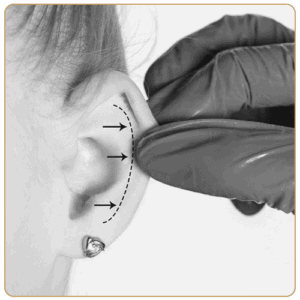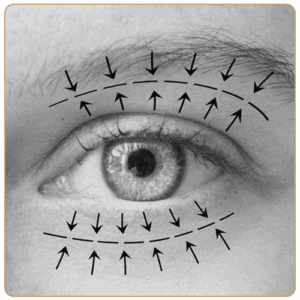Hearing loss or ear-related issues in children can be a challenging experience for both the child and their parents. Thankfully, medical advancements have made it possible to address many of these issues through ear surgery. If your child has been recommended for ear surgery, it’s natural to have questions and concerns. This guide covers essential information to help parents understand the process and make informed decisions.
Why Is Ear Surgery Needed?
Ear surgeries are typically performed to address specific medical concerns such as chronic ear infections, hearing loss, or structural issues like a perforated eardrum. Some children may require surgery to insert ear tubes, which help to drain fluid from the middle ear and prevent infections. Others may need procedures to reconstruct parts of the ear or address congenital conditions like microtia (underdeveloped outer ear). Whatever the reason, the goal of such surgeries is to improve the child’s quality of life by addressing chronic pain, infection, or hearing impairments.
Preparing Your Child for Surgery
Preparing your child both emotionally and physically is crucial for a smooth surgical experience. Start by explaining the surgery in age-appropriate language to ensure they understand what to expect without feeling frightened. Reassure them that the surgery is being done to help them feel better and enhance their hearing or resolve ear issues.
Your medical team will provide specific pre-surgery instructions, which may involve fasting for a certain period before the procedure or instructions for managing pre-existing conditions like allergies. Be sure to follow these guidelines carefully and ask questions if anything is unclear.
What Happens During Surgery?
Children’s ear surgeries are typically performed under general anesthesia to ensure the child is comfortable and pain-free. The specific procedure varies depending on the condition being treated. For example, ear tube placement is a quick and minimally invasive surgery, whereas procedures like tympanoplasty (eardrum repair) or surgical reconstruction require more time and complexity.
The surgeon will discuss the expected duration of the surgery, details of the procedure, and what to expect immediately afterward. Most of these surgeries are performed on an outpatient basis, meaning your child can return home the same day.
Recovery and Aftercare
Post-surgery recovery is an essential part of the healing process. Your doctor will provide detailed aftercare instructions, such as how to clean the surgical site, manage medication, and monitor for signs of infection. It’s important to limit your child’s activities during the recovery period and encourage rest to promote healing. Follow-up appointments are crucial to ensure the surgery’s success and assess your child’s progress.
While it’s natural to worry about potential complications, most ear surgeries in children are straightforward and associated with minimal risks. If you notice any unusual symptoms such as persistent pain, fever, or drainage from the ear, contact your doctor immediately.
Supporting Your Child
Your emotional support during this time can make a big difference in your child’s experience and recovery. Be patient with any emotions they may express and celebrate milestones in their healing process, no matter how small.
By staying informed and working closely with your child’s medical team, you can help ensure a successful outcome and better ear health for your child.










